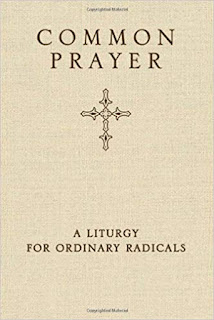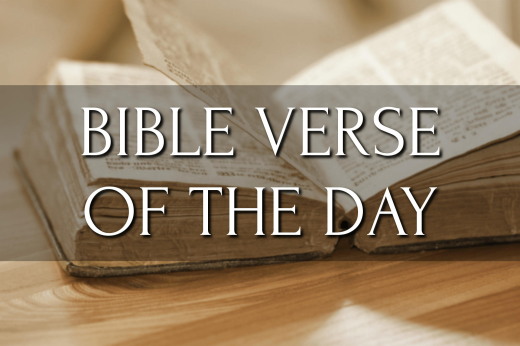The Daily Lectionary
MONDAY, June 8, 2020
Psalm 29; Job 38:39—39:12; 1 Corinthians 12:1-3
(Revised Common Lectionary Year A)
Praise the glory of God
1 Ascribe to the Lord, you heavenly beings,
ascribe to the Lord glory and strength.
2 Ascribe to the Lord the glory due his name;
worship the Lord in the splendor of his holiness.
3 The voice of the Lord is over the waters;
the God of glory thunders,
the Lord thunders over the mighty waters.
4 The voice of the Lord is powerful;
the voice of the Lord is majestic.
5 The voice of the Lord breaks the cedars;
the Lord breaks in pieces the cedars of Lebanon.
6 He makes Lebanon leap like a calf,
Sirion like a young wild ox.
7 The voice of the Lord strikes
with flashes of lightning.
8 The voice of the Lord shakes the desert;
the Lord shakes the Desert of Kadesh.
9 The voice of the Lord twists the oaks
and strips the forests bare.
And in his temple all cry, “Glory!”
10 The Lord sits enthroned over the flood;
the Lord is enthroned as King forever.
11 The Lord gives strength to his people;
the Lord blesses his people with peace.
Creation story from Job
38:39 “Do you hunt the prey for the lioness
and satisfy the hunger of the lions
40 when they crouch in their dens
or lie in wait in a thicket?
41 Who provides food for the raven
when its young cry out to God
and wander about for lack of food?
39:1 “Do you know when the mountain goats give birth?
Do you watch when the doe bears her fawn?
2 Do you count the months till they bear?
Do you know the time they give birth?
3 They crouch down and bring forth their young;
their labor pains are ended.
4 Their young thrive and grow strong in the wilds;
they leave and do not return.
5 “Who let the wild donkey go free?
Who untied its ropes?
6 I gave it the wasteland as its home,
the salt flats as its habitat.
7 It laughs at the commotion in the town;
it does not hear a driver’s shout.
8 It ranges the hills for its pasture
and searches for any green thing.
9 “Will the wild ox consent to serve you?
Will it stay by your manger at night?
10 Can you hold it to the furrow with a harness?
Will it till the valleys behind you?
11 Will you rely on it for its great strength?
Will you leave your heavy work to it?
12 Can you trust it to haul in your grain
and bring it to your threshing floor?
Faith is a gift of the Spirit
12:1 Now about the gifts of the Spirit, brothers and sisters, I do not want you to be uninformed. 2 You know that when you were pagans, somehow or other you were influenced and led astray to mute idols. 3 Therefore I want you to know that no one who is speaking by the Spirit of God says, “Jesus be cursed,” and no one can say, “Jesus is Lord,” except by the Holy Spirit.
Optional parts of the readings are set off in [square brackets.]
The Bible texts of the Old Testament, Epistle, and Gospel lessons are from The Holy Bible, New International Version®, NIV® Copyright ©1973, 1978, 1984, 2011 by Biblica, Inc.® Used by permission. All rights reserved worldwide.
The Daily Lectionary is a three-year cyclical lectionary. We are currently in Year A. Beginning with the first Sunday of Advent in 2020, we will be in Year B. The year which ended at Advent 2019 was Year C. These readings complement the Sunday and festival readings: Thursday through Saturday readings help prepare the reader for the Sunday ahead; Monday through Wednesday readings help the reader reflect and digest what they heard in worship. Revised Common Lectionary Daily Readings, copyright © 2005 Consultation on Common Texts. www.commontexts.org
The Daily Lectionary for MONDAY, June 8, 2020
Psalm 29; Job 38:39—39:12; 1 Corinthians 12:1-3









